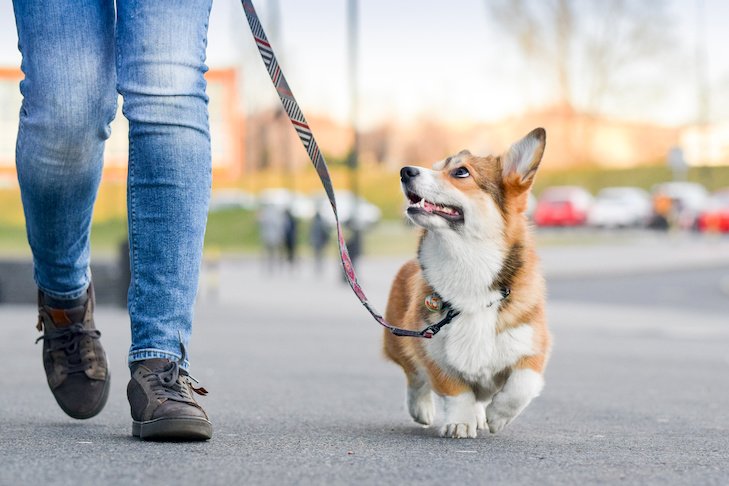Bad Dog Immune Health: Symptoms, Causes, and Best Ways to Strengthen Your Dog’s Immune Health
Boost your dog’s immune system with the right diet, supplements, and lifestyle changes. Learn the symptoms of a weak immune system, common causes, and the best immune-boosting solutions, including probiotics, antioxidants, colostrum, and natural remedies for optimal dog health.
What are Symptoms of Bad Immune Health in Dogs
A dog’s immune system plays a vital role in protecting against infections, diseases, and overall health issues. If your dog’s immune system isn’t functioning properly, they may experience persistent health problems.
Frequent infections
Slow wound healing
Chronic digestive issues
Itchy skin and allergies
Lethargy and low energy
Unexplained weight loss
Want to learn how to naturally support your dog’s immune system? Read our guide on Top 10 Supplements and Vitamins for Dog Immune Health for expert-recommended solutions.
Common Causes of a Weak Immune System in Dogs
A dog’s immunity can be weakened by several factors, including diet, stress, and environmental conditions. Here are some of the most common reasons why dogs experience immune system problems:
Poor diet – Nutrition is the foundation of immune health. Dogs fed low-quality kibble, highly processed foods, or diets lacking essential vitamins may have weakened immunity.
Chronic stress – Just like humans, stress weakens a dog’s immune system. Anxiety, fear, or sudden changes in routine can increase cortisol levels and reduce immune function.
Overuse of antibiotics – While antibiotics are sometimes necessary, excessive use can wipe out beneficial gut bacteria, leading to poor immune response.
Lack of exercise – Regular physical activity boosts circulation, helps flush toxins, and keeps immune cells active. Sedentary dogs are more prone to illness.
Environmental toxins – Exposure to pesticides, poor air quality, or chemicals in processed treats can place unnecessary stress on a dog’s immune system.
Aging – Older dogs naturally experience a decline in immune function, making them more susceptible to disease.
Solutions for Dogs with Anxiety: What Actually Works?
1) Improve Nutrition for Stronger Immunity
Training can help dogs learn to cope with anxiety triggers. Some effective techniques include:
Protein-rich foods – High-quality protein sources like chicken, beef, turkey, and fish are necessary for cell repair.
Antioxidant-packed vegetables – Leafy greens, carrots, and blueberries contain vitamins A, C, and E, which help combat free radicals.
Healthy fats (Omega-3s & 6s) – Fish oil, flaxseed, and coconut oil help reduce inflammation and improve immune response.
2) Add Immune-Boosting Supplements
Probiotics – Support gut health, which plays a major role in immune function.
Colostrum – Helps improve antibody production and immune cell response.
Astragalus & Echinacea – Herbal extracts known for their immune-boosting properties.
Mushroom Extracts (Reishi, Turkey Tail, Shiitake) – Rich in beta-glucans that enhance immune activity.
3) Keep Your Dog Active and Stress-Free
While behavioral techniques are essential, many dogs benefit from natural anxiety-relief options. Some of the most effective remedies include:
Daily walks, playtime, or agility exercises to keep your dog active.
Mental stimulation through training, games, or puzzle toys to lower stress.
A consistent routine—dogs thrive on structure and predictability.
Find the best immune-supporting products in our Top 10 Supplements and Vitamins for Dog Immune Health.




